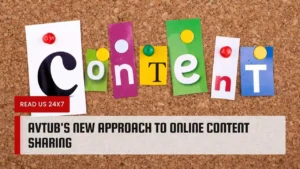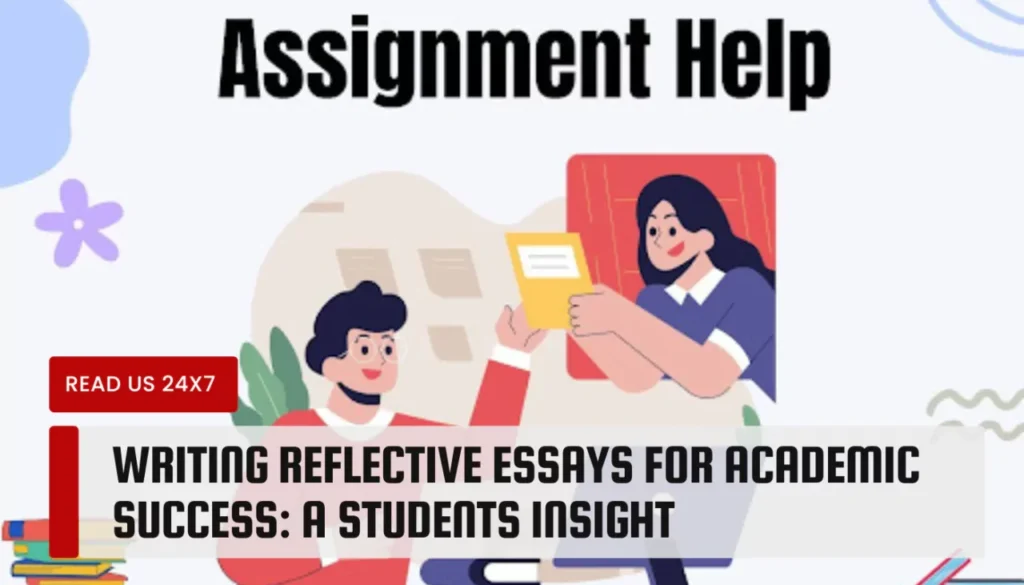Reflective essay writing is more than summarising previous experience—it’s a methodical process of self-examination that can make a real difference to academic performance. As UK universities increasingly stress critical thinking and personal growth, becoming proficient in reflective writing has become an important skill. Many students turn to assignment help when confronted with such assignments, particularly if they don’t know how to reconcile personal reflection with academic rigor.
This article cuts through all that students need to know about reflective essay writing and then some. From the point of learning reflective writing’s purpose to learning what the best approach is, this blog post delivers educational value that enables true learning and better academic results.
What Is a Reflective Essay
A reflective essay is a formal piece of academic writing in which students examine a personal experience or scenario and assess its significance or influence. Unlike narrative or descriptive essays, it involves critical self-reflection and connecting individual learning to wider academic or professional contexts.
Reflective essays tend to use models such as Gibbs Reflective Cycle or Kolb’s Experiential Learning Theory, providing analysis structure.
Why Reflective Essays Are Important in Academia
In most UK universities and colleges, reflective writing is a compulsory element in modules across the board—particularly in education, nursing, psychology, and business.
Major advantages are
- Improving critical thinking skills
- Building personal insight
- Showing professional development
- Linking theory to practice
- Facilitating lifelong learning habits
Students who are not used to academic reflection tend to use assignment assistance to deliver, particularly in the initial semesters.
Understanding Assignment Requirements
Before embarking on the writing, students must examine the essay question or brief carefully.
Typical requirements are
- Range of word count
- Particular reflective models to employ
- Relevance to a specific experience, topic, or module
- Depth of criticality (e.g., proportion of description to evaluation)
- Academic referencing (even in personal reflections)
Neglecting these may result in losing marks, independent of writing standard. For those who are unsure how to interpret these details, assignment assistance from academic professionals may help clarify matters.
Organizing a Reflective Essay
An organized reflective essay provides room for clarity of thought and logical progression of ideas. Although personal experiences may be the central content, academic presentation is still important.
1. Introduction
- Present the subject or experience being reflected on
- Briefly set out the reflective structure or model employed
- Set out the aim or significance of the reflection
Example: This essay reflects on my group presentation in a business strategy module, applying Gibbs Reflective Cycle to examine teamwork, communication, and time management.
2. Main Body (Organised by Stages of Reflective Model)
If applying Gibbs Cycle, break the essay into these headings:
- Description – What occurred
- Feelings – What were the personal reactions
- Evaluation – What was effective and what was not
- Analysis – Why did it happen that way
- Conclusion – What was learned
- Action Plan – How to use the learning in the future
Each section should:
- Be written in plain, concise language
- Avoid unnecessary repetition
- Integrate academic references when connecting to theory
3. Conclusion
- Summarise key learning points
- Reinforce the personal or academic importance
- Avoid introducing new experiences or ideas
Reflective Models to Consider
Knowing common models helps organize your thinking and writing.
Gibbs Reflective Cycle (1988)
Most commonly used in the UK, particularly in healthcare and education. It promotes breaking down an experience step by step and discovering what did and did not work.
Kolb’s Experiential Learning Cycle (1984)
Involves learning from experience. It consists of:
- Concrete Experience
- Reflective Observation
- Abstract Conceptualisation
- Active Experimentation
Very suitable for students in creative, business, and management courses.
Johns Model for Structured Reflection
Most commonly utilized in nursing. Promotes thinking from ethical, practical, and personal perspectives. More complex, but suitable for postgraduate students.
Tips to Make Your Reflective Essay Exceptional
1. Exceed Description
Do not merely narrate the facts. Reflective essays require analyzing, thinking, and learning. Rather than state, “I presented,” try to see why it was good or bad.
2. Utilize Academic References
Even if the issue is personal, sound sources can validate the connection between theory and experience. Use books, journal articles, or course readings to provide reasons why events occurred or how you understood them.
3. Use Formal But Personal Tone
It’s okay to write in the first person (I, me, my), but use this language appropriately for academic writing. Refrain from using slang, clichés, or excessive emotional expressions.
4. Support Learning Outcomes
If the essay is part of a coursework assessment, always link the reflection to specific learning outcomes. This shows academic awareness.
5. Edit Ruthlessly
After the first draft:
- Trim redundant descriptions
- Check grammar and sentence flow
- Ensure transitions between sections are smooth
- Confirm that the structure follows the chosen reflective model
Professional editing tools or assignment help providers can be useful in the proofreading stage.
Common Mistakes to Avoid
Students tend to make standard mistakes that decrease the impact of reflective essays. Knowing these assists in avoiding:
- Too much narrative: Concentrate on insights, not recounting incidents
- Lack of organisation: Utilise headings or reflective model sections to remain structured
- Too much emotion: Remain balanced; emotional effect needs to be examined, not merely felt
- Ignoring feedback: Utilise past feedback to enhance subsequent essays
- No connection to theory: Even reflections require academic basis
Balancing Reflection with Academic Rigor
Reflective writing does not equal being casual. It’s an art of blending personal experience with critical thinking and academic understanding.
Strategies for balancing both
- Begin with a mind map of the experience
- Find applicable theories or concepts from class
- Connect the two
- Challenge your own assumptions and results
- Conclude with actionable learning outcomes
This method enhances clarity and shows academic maturity.
Useful Phrases and Transitions for Reflective Essays
Utilising academic transitions lenses flow and cohesion:
- This experience taught me
- Upon reflection
- A key takeaway was
- This aligns with [theory] because
- Moving forward, I would
- This impacted my understanding of
Reflective Essay Topics Frequently Used in UK Courses
Reflective writing assignments are frequently incorporated into assignments in the following areas:
- Nursing and Healthcare: Clinical placements, patient care scenarios
- Education: Classroom observations, teaching practice
- Business: Teamwork, conflict resolution, leadership
- Social Work: Ethical dilemmas, community engagement
- Engineering: Project management, team collaboration
Knowing the context is critical to adapt the reflection accordingly.
Applying Reflective Writing to Personal Development Planning (PDP)
A lot of UK universities promote students to keep Personal Development Portfolios, which are usually filled with reflective writing examples. They assist in:
- Recording improvement
- Interview or placement preparation
- Establishing knowledge of personal strengths and weaknesses
Reflective essays, if written well, become precious resources in these portfolios.
Assignment Help – When to Use It
Even with knowledge of the format and content, students can find reflective essays daunting. Reasons can be:
- Lack of confidence in writing at the academic level
- Inexperience with reflection models
- Struggling to connect theory to practice
- Too short a deadline
In all these cases, students usually need professional assignment help to ensure that the reflective essay adheres to all academic standards while being personal in tone and authenticity.
Final Checklist Before Submission
When submitting a reflective essay, students must:
- Ensure word count is followed
- Check university guidelines
- Grammar and structure proofreading
- Ensure that the reflection is analytical and deep
- Properly cite all sources
- Make sure structure adheres to chosen model
- Avoid plagiarism
Resources such as plagiarism checkers and feedback sites can aid in quality control.
Conclusion Reflect to Progress
Reflective essays are not merely academic assignments—they’re a stepping stone to greater self-awareness and academic improvement. Students who learn reflective writing tend to become clearer about their learning processes and potential futures.
For struggling students, websites such as Assignment in Need(assignnmentinneed.com) can provide dependable assignment assistance, taking students through structure, content, and formatting in reflective writing.
Following the strategies in this guide, students will be able to tackle reflective essays with confidence and precision, transforming common experiences into meaningful academic products.







![99math Review: Features, Benefits, Pros & Cons, Alternatives [Latest 2025] 99 maths](https://readus247.com/wp-content/uploads/2023/05/Screenshot-2023-05-19-at-4.29.12-PM-450x190.jpg)
